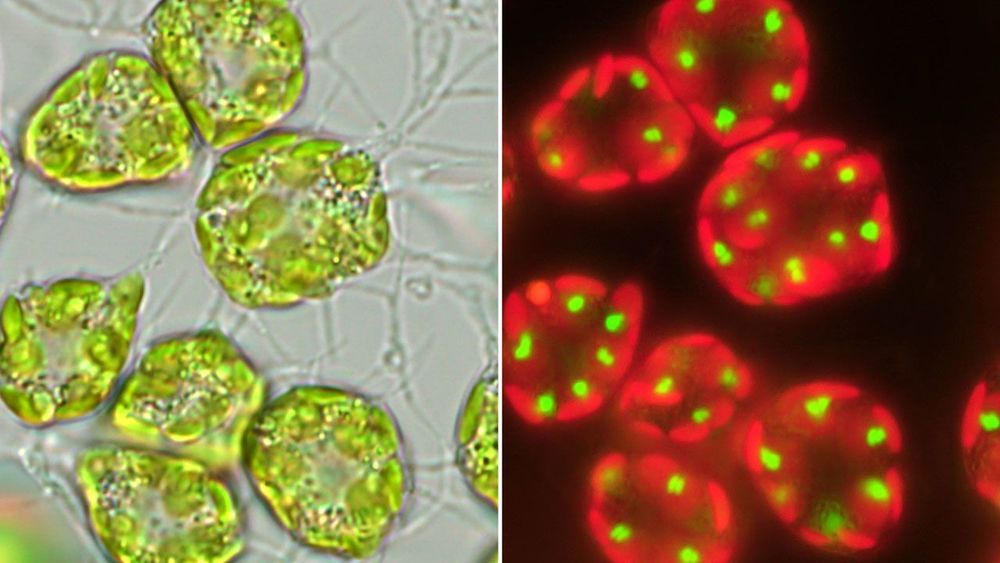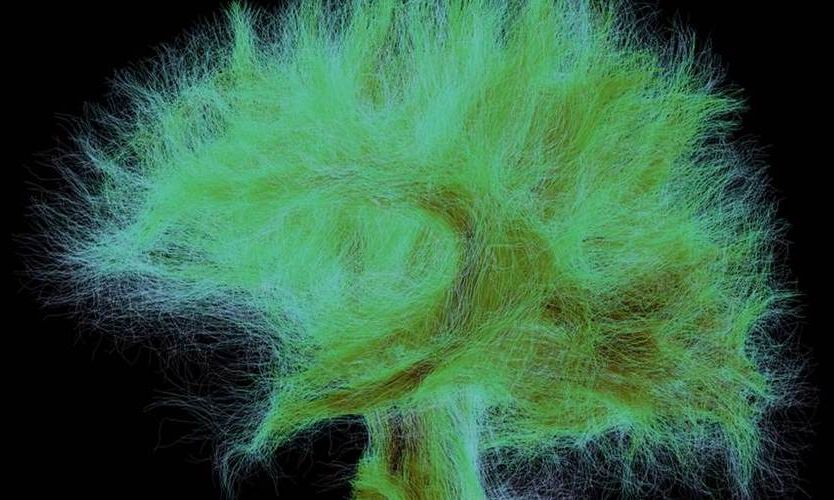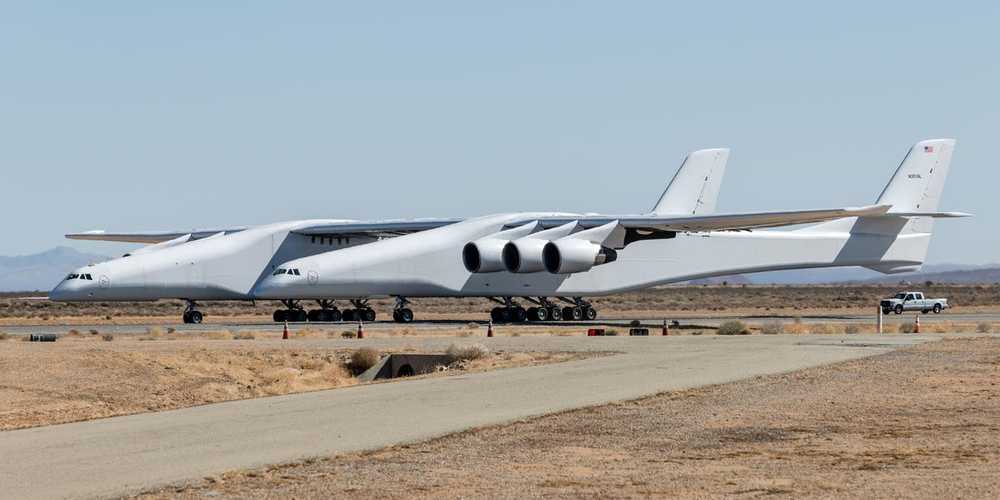Now, researchers can modify genes of critical ecosystem engineers.


Anecdotal evidence suggests that the combination of zinc and hydroxychloroquine may be beneficial for the treatment of Covid-19:
We have been asked again and again — “What else can I do, apart from social distancing, hand hygiene, and so on, to protect myself from COVID-19?” There are additional actions that can be taken.
In this video we examine some details about the virus in Korea and how they are handling things differently. We take a look at the biology of the virus. We examine what happens when our cells are infected with SARS-CoV-2. And finally, we review a study that suggests the possible use of zinc and chloroquine in the fight against SARS-CoV-2.
#medmastery #coronavirus #COVID19 #sarscov2 #coronaviruschina #coronavirustruth #coronavirusdeaths #WHO #wuhan #infection #pandemic #publichealth
———————————————————-
Links for reference:
https://www.worldometers.info/coronavirus/
http://www.koreabiomed.com/news/articleView.html?idxno=7428
https://pubmed.ncbi.nlm.nih.gov/32075365-expert-consensus-on…-pneumonia
https://journals.plos.org/plospathogens/article?id=10.1371/journal.ppat.1001176
https://journals.plos.org/plosone/article?id=10.1371/journal.pone.0109180
———————————————————-
More updates by Dr. Wiesbauer:
COVID-19 Update 1: How to tell if a pandemic is likely to occur or not–R0 and the serial interval: https://youtu.be/wZabMDS0CeA
COVID-19 Update 2: How to stop an epidemic — Herd immunity: https://youtu.be/IgV3L464Yh8
COVID-19 Update 3: Symptoms of COVID-19: https://youtu.be/1PLdl6NDGDE
COVID-19 Update 4: Clinical characteristics of COVID-19: https://youtu.be/KQRt3DHkDp8
COVID-19 Update 5: Estimating case fatality rates for COVID-19: https://youtu.be/3xF2Ihjwbpw
COVID-19 Update 6: Seasonality: will COVID-19 go away in the summer?: https://youtu.be/4baaKcZAAfQ
COVID-19 Update 7: This is probably the most important picture of the whole Coronavirus-epidemic: https://youtu.be/6O96wkIxDls
———————————————————-
Useful resources:

Circa 2017
The era of merging our minds with technology has begun. Already, we can hack the brain to treat diseases such as Parkinson’s or help paralyzed people move again. But what if you could install a chip in your head that would not only fix any health issues, but could amp up your brainpower — would you remember every word said during a meeting, finish crossword puzzles faster, drive better thanks to enhanced senses, or pick up a new language before your next trip?
That’s the future envisioned by Elon Musk, the Tesla and SpaceX CEO who recently announced Neuralink, a new company dedicated to blending human brains with computers. In Musk’s view, we’ll have to keep pace with ever-smarter artificial intelligence by implanting a “neural lace,” or sci-fi inspired machine interface that will make us smarter.
“Under any rate of advancement in AI, we will be left behind by a lot,” Musk said last year. “The benign situation with ultra-intelligent AI is that we would be so far below in intelligence we’d be like a pet, or a house cat.”

That vision may have come a step closer after researchers at the University of California, San Francisco demonstrated that they could translate brain signals into complete sentences with error rates as low as three percent, which is below the threshold for professional speech transcription.
While we’ve been able to decode parts of speech from brain signals for around a decade, so far most of the solutions have been a long way from consistently translating intelligible sentences. Last year, researchers used a novel approach that achieved some of the best results so far by using brain signals to animate a simulated vocal tract, but only 70 percent of the words were intelligible.
The key to the improved performance achieved by the authors of the new paper in Nature Neuroscience was their realization that there were strong parallels between translating brain signals to text and machine translation between languages using neural networks, which is now highly accurate for many languages.

So-called zero-day exploits—hacking techniques that take advantage of secret software flaws—were once the calling card of only the most sophisticated hackers. But today, the global map of zero-day hacking has expanded far beyond the United States, Russia, and China, as more countries than ever buy themselves a spot on it.
Security and intelligence firm FireEye today released a sweeping analysis of how zero days have been exploited worldwide over the last seven years, drawing in data from other security research organizations’ reporting as well as Google Project Zero’s database of active zero days. FireEye was able to link the use of 55 of those secret hacking techniques to state-sponsored operations, going so far as to name which country’s government it believes to be responsible in each case.
The resulting map and timeline, with a tally of which countries have used the most zero days over the last decade, are far from comprehensive. Countries like the US almost certainly have used zero days that remain undetected, FireEye acknowledges, and many others couldn’t be pinned with certainty on any particular country. But it does show how the collection of countries using those hacking techniques now includes less expected players like the United Arab Emirates and Uzbekistan.


Always a good interview. Short answer, he doesn’t think the timeline is accurate.
Dr. Robert Zubrin, former engineer at Lockhead Martin and president and founder of the Mars Society joins us today for a groundbreaking conversation. We discuss the obstacles to sending humans to Mars and the moon, the emergence and role of private enterprise in leading the way to space exploration, as well as the likelihood of success of the US administration’s announcement of its goal to establish a permanent human presence on the moon in 4 years. Dr. Zubrin also recounts the details of his meetings with Elon Musk prior and during the foundation of SpaceX. Other subjects we touched on included the justification for space exploration in the face of mounting problems and priorities here on earth. We also discuss the role of space as a game-changer in the way military domination and conflicts will be done in the future.
#mars #marssociety #elonmusk
:0000
Watch the all-new official trailer and RAZE HELL when DOOM Eternal launches on 03.20.20.
Hell’s armies have invaded Earth. Become the Slayer in an epic single-player campaign to conquer demons across dimensions and stop the final destruction of humanity.
The only thing they fear… is you.
Pre-Order DOOM Eternal to get a free digital download of DOOM 64. Pre-orders of DOOM Eternal also include the Rip and Tear Pack, which comes with:
Ladies Monday with ReallyGraceful.
This is a video about the philanthropic billionaire, Bill Gates. We go into his family history, his early childhood, education, extracurriculars, and time at Harvard to answer the question “Who was Bill Gates before Microsoft?” Support my channel on Patreon: http://patreon.com/reallygraceful
Subscribe For More – http://bit.ly/reallygraceful